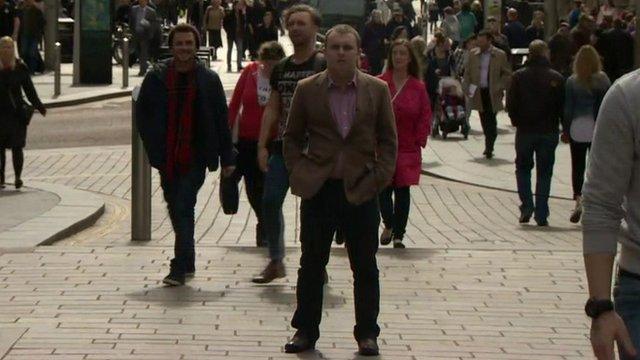Jobless total falls to lowest since July 2008
- Published
- comments
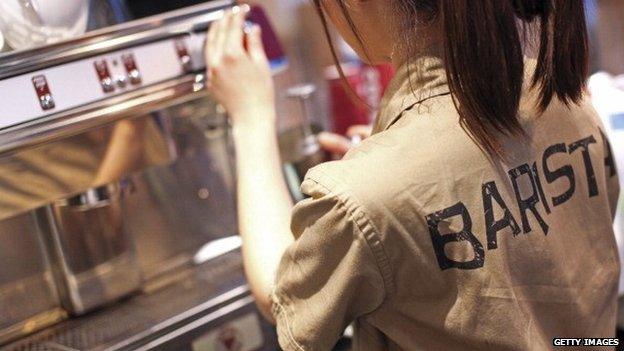
The UK's unemployment rate now stands at 5.6%
UK unemployment has fallen to its lowest rate since July 2008, official figures have shown.
The number of jobless people dropped by 76,000 to 1.84 million in the three months to February, the Office for National Statistics said, external on Friday.
That means the unemployment rate has fallen to 5.6%, in line with forecasts.
Average weekly earnings in the three months to February, excluding bonuses, rose by 1.8% compared with the same period a year earlier.
Growth was slightly lower than the rate in January. When bonuses are included, weekly earnings rose by 1.7%.
The number of people claiming Jobseeker's Allowance in March fell by 20,700 to 772,400, the ONS said.
Martin Beck, senior economic advisor to the EY ITEM Club, said: "The story of the UK labour market has long been a 'jobs-rich' but 'pay-poor' one. The latest numbers are no exception with good news for those looking for work, but less so for those already in employment."
Samuel Tombs, senior UK economist at Capital Economics, said the UK's "employment miracle shows no signs of drawing to a close" and expected the jobless rate to continue falling further in the coming months.
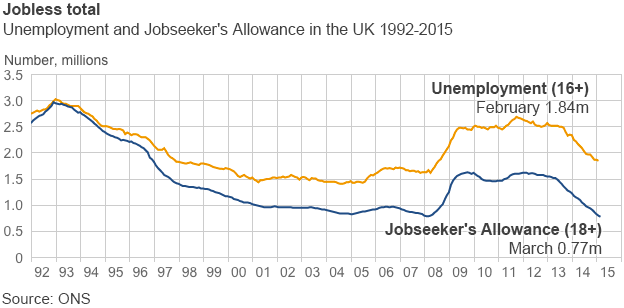

Analysis: Robert Peston: BBC economics editor
This combination of jobs growth and pay rises is just what David Cameron and George Osborne hoped and prayed would happen when they set the UK on a path of austerity, both massively shrinking public sector employment - from more than 21% of all UK jobs in 2010 to 17.4% today - and freezing public-sector pay.
They assumed they would receive an electoral reward for being tough on the deficit - the record 10% gap between public spending and tax revenues - so long as real pay rose a good few months before polling day and unemployment fell.
So if the economy is delivering the fruits promised by Cameron and Osborne, why no dividend for them?
The conventional explanations, that all the new jobs are going to foreigners or are insecure part time jobs, are not backed up by the stats.

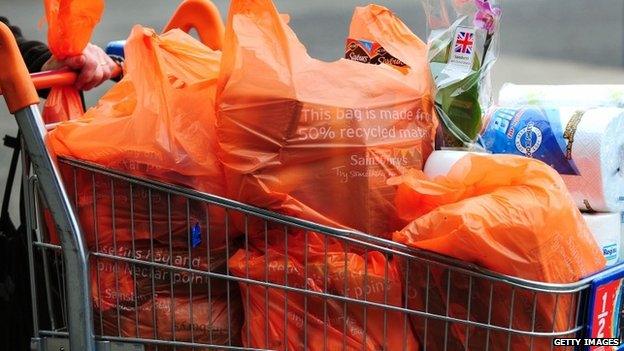
Consumer spending has been boosted by lower prices
'Question marks'
Sterling rose by 0.6% to $1.5036 against a weaker US dollar - its highest for almost a month - after the jobs data was released.
Employment rose 248,000 to 31.05 million - the biggest increase in a three-month period since April 2014.
The number of 16 to 24-year-olds out of work fell by 22,000 in the three months to February to 742,000.
In England, the South East had the lowest unemployment rate at 4.2% while the North East was highest on 7.7%.
The rate in Scotland and Northern Ireland stood at 6%, and 6.2% in Wales.
Chris Williamson, chief economist at Markit, said: "The boost to spending power from the rise in real pay appears to be a big factor behind the country's ongoing economic upturn in recent months, as households take advantage of lower prices. However, there are question marks over how long this boost to consumer spending power will last."

Analysis: Brian Milligan, personal finance reporter
The latest figures show that the average wage in the UK has risen by just £35 since the coalition government came to power in 2010.
Of course that amount is more than gobbled up by inflation.
As the Institute for Fiscal Studies (IFS) has already told us, household incomes - allowing for inflation - are now 2% lower than they were five years ago.
On the other hand, the government can argue that many people are better off as a result of tax changes.
The annual increase of 1.8% in average earnings is also pretty healthy, when prices are not rising at all.

About 1.3 million people were in part-time jobs when they wanted full-time work, up by 29,000 compared with the previous quarter, while self-employment was little changed at 4.5 million.
The number of people classed as economically inactive, including those looking after a relative, on long-term sick leave or who have given up looking for work, fell by 104,000 to just under 9 million.
Long-term unemployment has also fallen, down by 188,000 to 623,000 for those out of work for at least 12 months.
The ONS also found that 107,000 people were made redundant in the period. The number of redundancies peaked at 311,000 in early 2009.
There were 743,000 job vacancies across the UK in the three months to March, 124,000 more than a year ago and the highest since records began in 2001.
- Published17 April 2015
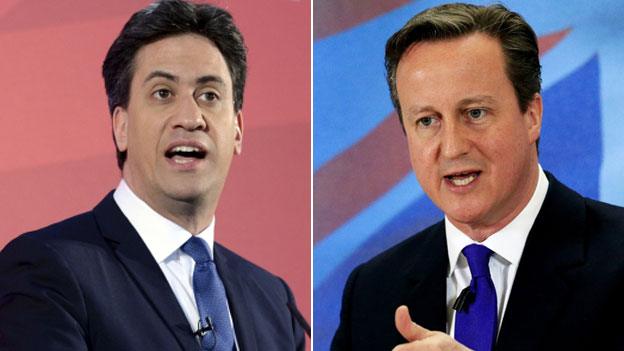
- Published17 April 2015
- Published17 April 2015
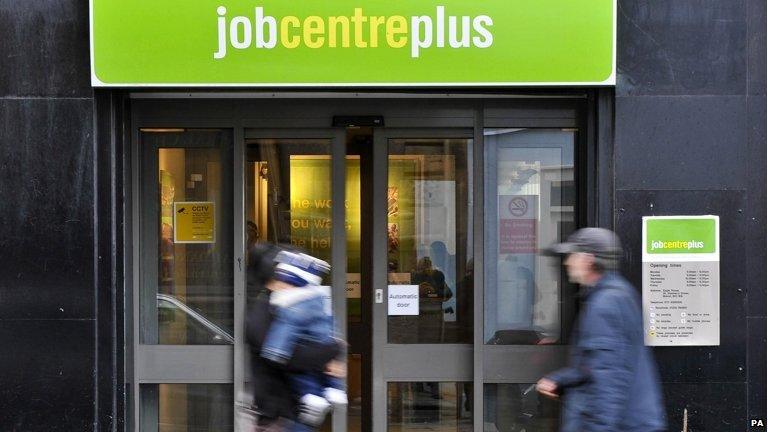
- Published16 April 2015
